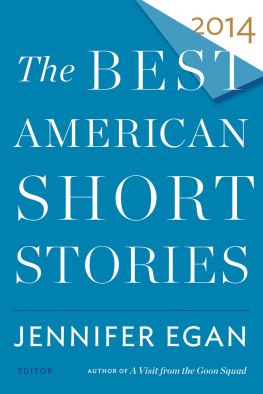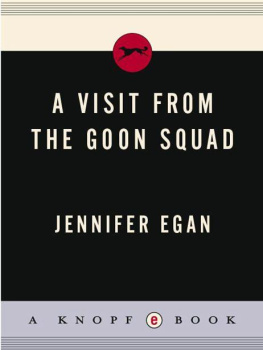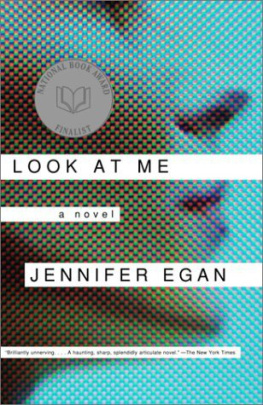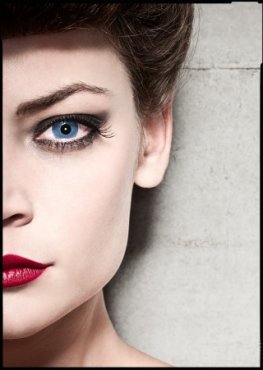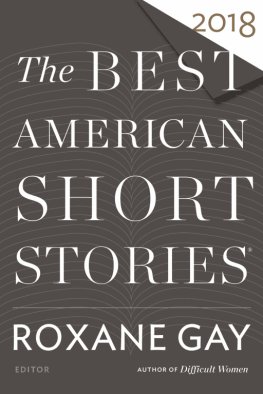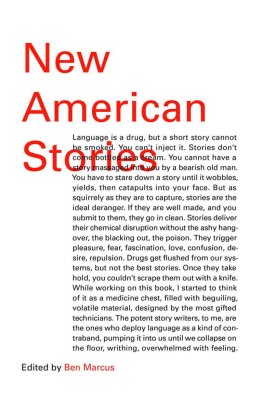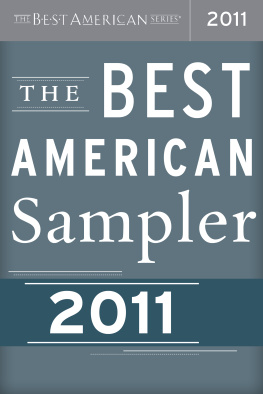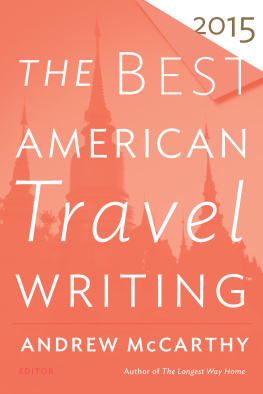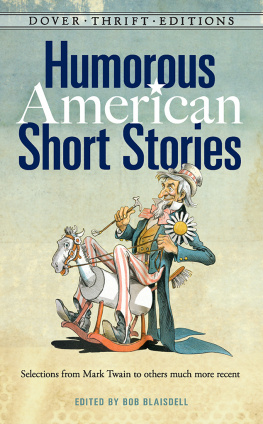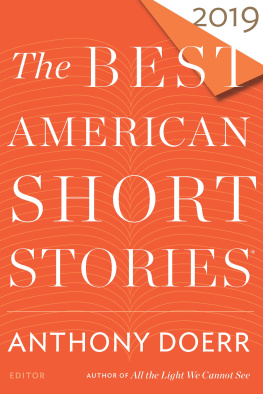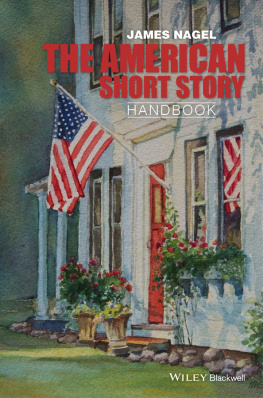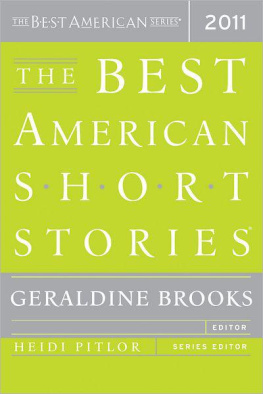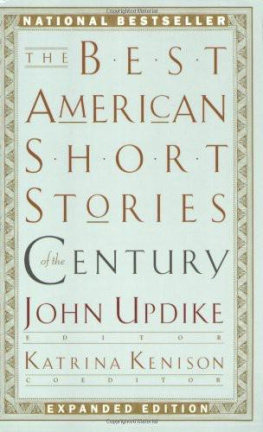Jennifer Egan - The Best American Short Stories 2014
Here you can read online Jennifer Egan - The Best American Short Stories 2014 full text of the book (entire story) in english for free. Download pdf and epub, get meaning, cover and reviews about this ebook. year: 2014, publisher: Houghton Mifflin Harcourt, genre: Detective and thriller. Description of the work, (preface) as well as reviews are available. Best literature library LitArk.com created for fans of good reading and offers a wide selection of genres:
Romance novel
Science fiction
Adventure
Detective
Science
History
Home and family
Prose
Art
Politics
Computer
Non-fiction
Religion
Business
Children
Humor
Choose a favorite category and find really read worthwhile books. Enjoy immersion in the world of imagination, feel the emotions of the characters or learn something new for yourself, make an fascinating discovery.
- Book:The Best American Short Stories 2014
- Author:
- Publisher:Houghton Mifflin Harcourt
- Genre:
- Year:2014
- Rating:4 / 5
- Favourites:Add to favourites
- Your mark:
- 80
- 1
- 2
- 3
- 4
- 5
The Best American Short Stories 2014: summary, description and annotation
We offer to read an annotation, description, summary or preface (depends on what the author of the book "The Best American Short Stories 2014" wrote himself). If you haven't found the necessary information about the book — write in the comments, we will try to find it.
The Best American Short Stories 2014 — read online for free the complete book (whole text) full work
Below is the text of the book, divided by pages. System saving the place of the last page read, allows you to conveniently read the book "The Best American Short Stories 2014" online for free, without having to search again every time where you left off. Put a bookmark, and you can go to the page where you finished reading at any time.
Font size:
Interval:
Bookmark:
Copyright 2014 by Houghton Mifflin Harcourt Publishing Company
Introduction copyright 2014 by Jennifer Egan
ALL RIGHTS RESERVED
The Best American Series and The Best American Short Stories are registered trademarks of Houghton Mifflin Harcourt Publishing Company.
No part of this work may be reproduced or transmitted in any form or by any means, electronic or mechanical, including photocopying and recording, or by any information storage or retrieval system without the proper written permission of the copyright owner unless such copying is expressly permitted by federal copyright law. With the exception of nonprofit transcription in Braille, Houghton Mifflin Harcourt is not authorized to grant permission for further uses of copyrighted selections reprinted in this book without the permission of their owners. Permission must be obtained from the individual copyright owners as identified herein. Address requests for permission to make copies of Houghton Mifflin Harcourt material to Permissions, Houghton Mifflin Harcourt Publishing Company, 215 Park Avenue South, New York, NY 10003.
www.hmhco.com
ISSN 0067-6233
ISBN 978-0-547-81922-8
ISBN 978-0-547-86886-8 (pbk.)
e ISBN 978-0-547-81924-2
v1.0914
Charity by Charles Baxter. First published in McSweeneys, Issue 43. Copyright 2013 by Charles Baxter. Reprinted by permission of Darhansoff and Verrill literary agency.
The Indian Uprising by Ann Beattie. First published in Granta, No. 126. Copyright 2014 by Anne Beattie. Reprinted by permission of the author.
The Night of the Satellite by T. Coraghessan Boyle. First published in The New Yorker, April 15, 2013. from T. C. Boyle Stories II: The Collected Stories of T. Coraghessan Boyle, copyright 2013 by T. Coraghessan Boyle. Used by permission of Viking Penguin, a division of Penguin Group (USA) LLC.
After the Flood by Peter Cameron. First published in Subtropics, Issue 15. Copyright 2013 by Peter Cameron. Reprinted by permission of Irene Skolnick Literary Agency.
Long Tom Lookout by Nicole Cullen. First published in Idaho Review, vol. XIII. Copyright 2013 by Nicole Cullen. Reprinted by permission of Nicole Cullen.
Medium Tough by Craig Davidson. First published in Agni, #77. Copyright 2013 by Craig Davidson. Reprinted by permission of the author.
The Breeze by Joshua Ferris. First published in The New Yorker, September 30, 2013. Copyright 2014 by Joshua Ferris. Reprinted by permission of the author.
Hover by Nell Freudenberger. First published in The Paris Review, #207. Copyright 2013 by Nell Freudenberger. Reprinted by permission of Nell Freudenberger.
A Hand Reached Down to Guide Me by David Gates. First published in Granta, no. 126. Copyright 2013 by David Gates. Reprinted by permission of David Gates.
At the Round Earths Imagined Corners by Lauren Groff. First published in Five Points. Copyright 2013 by Lauren Groff. Reprinted by permission of the author.
The Judges Will by Ruth Prawer Jhabvala. First published in The New Yorker, March 25, 2013. Copyright 2013 by Ruth Prawer Jhabvala. Reprinted by permission of C.S.H. Jhabvala.
Evie M. by O. A. Lindsey. First published in Iowa Review, vol. 43, no. 1. Copyright 2014 by O. A. Lindsey. Reprinted by permission of O. A. Lindsey.
Kattekoppen by Will Mackin. First published in The New Yorker, March 11, 2013. Copyright 2013 by Will Mackin. Reprinted by permission of Will Mackin.
This Is Not a Love Song by Brendan Mathews. First published in Virginia Quarterly Review, 89/3. Copyright 2013 by Brendan Mathews. Reprinted by permission of Brandt and Hochman Literary Agents, Inc.
La Pulchra Nota by Molly McNett. First published in Image, no. 78. Copyright 2014 by Molly McNett. Reprinted by permission of the author.
God by Benjamin Nugent. First published in The Paris Review, #206. Copyright 2013 by Benjamin Nugent. Reprinted by permission of the author.
Mastiff by Joyce Carol Oates. First published in The New Yorker, July 1, 2013. Copyright 2014 by Ontario Review, Inc. Reprinted by permission of Joyce Carol Oates.
Next to Nothing by Stephen OConnor. First published in Conjunctions: 60. Copyright 2013 by Stephen OConnor. Reprinted by permission of the author.
Madame Bovarys Greyhound by Karen Russell. First published in Zoetrope: All-Story, vol. 17, no. 2. Copyright 2013 by Karen Russell. Reprinted by permission of Denise Shannon Literary Agency, Inc.
Antarctica by Laura van den Berg. First published in Glimmer Train, Issue 88, Fall 2013. From The Isle of Youth by Laura van den Berg. Copyright 2013 by Laura van den Berg. Reprinted by permission of Farrar, Straus and Giroux.
S OMETIMES IT SEEMS as if the aspiringand financially well enough endowedAmerican writer is offered more than the reader. For the young writer, there are a fast-growing number of MFA programs, fellowships, summer workshops, residencies, creative writing centers, endless books that teach about writing and publishing. For evidence of the opportunities and widespread desire to write in our country, note the sheer number of blogs that populate the Internet, the comment sections of said blogs, Facebook and Twitter (where everyone gets to be a published writer, at least within the confines of a status update or tweet), the self-published army on Amazon.com.
This year, I detected a certain uncertainty in short stories, a sense of disorientation, perhaps a reflection of these unsteady times for publishing and readers. A lot of story writers relied on a characters intuition or impulse to fuel the forward motion of their stories. As a result, many stories tended to wandersometimes intriguingly, often into unsettling territoryrather than accelerate toward some definitive endpoint. While some stories that I read this year were built around or upon some narrative roadwayand many of those appear in this volumeplenty were not.
From my vantage point, there are moments when it seems that more people in this country want to write than read. Many people who read this book are in fact writers in training, reading in order to learn to write better. I myself came to serious reading relatively late, halfway through college, and this was in a class where both reading and creative writing were taught. I soon wanted to give to others the singular high that I felt when reading an Alice Munro or a Margaret Atwood story. I should say that I went to college in Canada.
There is, of course, nothing wrong with wanting to write and seeking help in that endeavor. I am the proud owner of an MFA, a shelf full of books about how to write fiction and how to get published, memoirs by fiction writers, and at least a dozen story anthologies that I bought before I was lucky enough to land this job. But what happens if and when writers begin to outnumber readers? What happens when writing becomes more attractive than reading? Will we becomeor are we alreadya nation of performers with no audience?
For the reader of books, there are book clubs, many informally initiated by friends or neighbors, a smattering of independent bookstores that serve as meeting places for readers and writers, libraries, some websites. Getting books has become easyclick on Amazon.com, and from the sound of it, a drone will soon be able to deliver a book to your door in the time it takes to say drone. But Im talking about accessible, widespread support for reading. Brick-and-mortar bookstores accessible to everyone who would patronize them. Also, a sense in our country that reading fiction is necessary and, dare I say, a wee bit glamorous. Like writing.
I had the good luck to take part in a reading and trivia night the other week at a bookstore in Cambridge, Massachusetts. This was a fundraiser for 826 Boston, a fabulous organization that offers writing support for kids. Four of us were invited to read for a few minutes, and then came a rowdy, rambunctious game of literary trivia for the mostly twenty-something audience. In order to win, players needed to have read things. There were questions about
Next pageFont size:
Interval:
Bookmark:
Similar books «The Best American Short Stories 2014»
Look at similar books to The Best American Short Stories 2014. We have selected literature similar in name and meaning in the hope of providing readers with more options to find new, interesting, not yet read works.
Discussion, reviews of the book The Best American Short Stories 2014 and just readers' own opinions. Leave your comments, write what you think about the work, its meaning or the main characters. Specify what exactly you liked and what you didn't like, and why you think so.

